Syria slams NPT Review Conference failure to address concerns over Israel’s nukes
The Permanent Representative of Syria to the United Nations, Bassam Sabbagh, has censured the 10th Nuclear Non-Proliferation Treaty (NPT) Review Conference for failing to address concerns over the Israeli nuclear program in the final draft document.
Speaking at the concluding session of the conference at the United Nations Headquarters in New York on Saturday, Sabbagh called for effective measures in order to oblige the Tel Aviv regime to join the NPT and subject all its nuclear facilities to the International Atomic Energy Agency (IAEA) inspections under the Comprehensive Safeguards Agreement (CSA).
He added that Syria had hoped for a successful outcome of the conference which could open a new page in the process of reviewing the treaty; but the political egotism and geopolitical interests of Western countries produced the regretful outcome.
Sabbagh noted that Syria stresses the need for the balanced rights of all member states of the treaty, particularly their inalienable right to peaceful use of nuclear energy.
Read more:
“Syria is, therefore, expecting the conference to take a clear stance on the imposition of illegitimate unilateral coercive measures by certain countries on many states,” the Syrian diplomat said.
Earlier, Iran's Foreign Minister Hossein Amir-Abdollahian criticized the NPT Review Conference for refusing to call on the Israeli regime to join the treaty.
In a phone call with the UN Secretary-General Antonio Guterres on Thursday, Amir-Abdollahian lamented that the NPT conference’s President-designate Gustavo Zlauvinen has, unlike the conference’s previous editions, fallen short of pressing the occupying regime to become a signatory to the treaty.
By leaving out all criticism of the Israeli regime, Zlauvinen had “set all of the previous conferences’ achievements aside,” the Iranian official said, asserting, “[This] is not acceptable by us at all.”
Read more:
Israel, which pursues a policy of deliberate ambiguity about its nuclear weapons program, is estimated to possess 200 to 400 nuclear warheads in its arsenal, making it the sole possessor of non-conventional arms in the Middle East region.
The illegitimate entity has, however, refused to either allow inspections of its military nuclear facilities by the IAEA or sign the NPT.
What has emboldened Tel Aviv to accelerate its nuclear activities, according to observers, is the support that is provided for by the United States and Europe, which are both most critical of Iran’s peaceful nuclear energy program.
Lebanon’s president condemns Israeli strikes as 'blatant act of aggression'
VIDEO | Epstein and Trump: Scandal, power, and political fallout
Trump admin. advances Saudi nuclear deal, leaves door open to enrichment: Report
Leader donates 50 billion rials to free financially struggling prisoners
Guardians of sky: How Iran’s radar network turned 12-day war into a blueprint for deterrence
The story of ancient Persia’s chromium steel
Iranian Navy chief calls for broader naval collaboration at MILAN 2026 naval exercise
VIDEO | Mini Iraq; A city in India that connects faith across borders


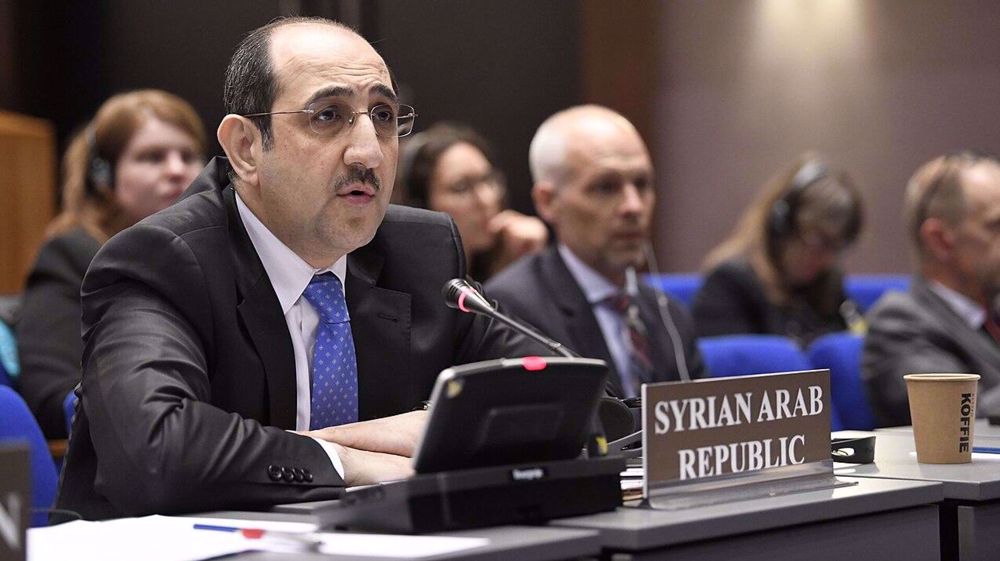
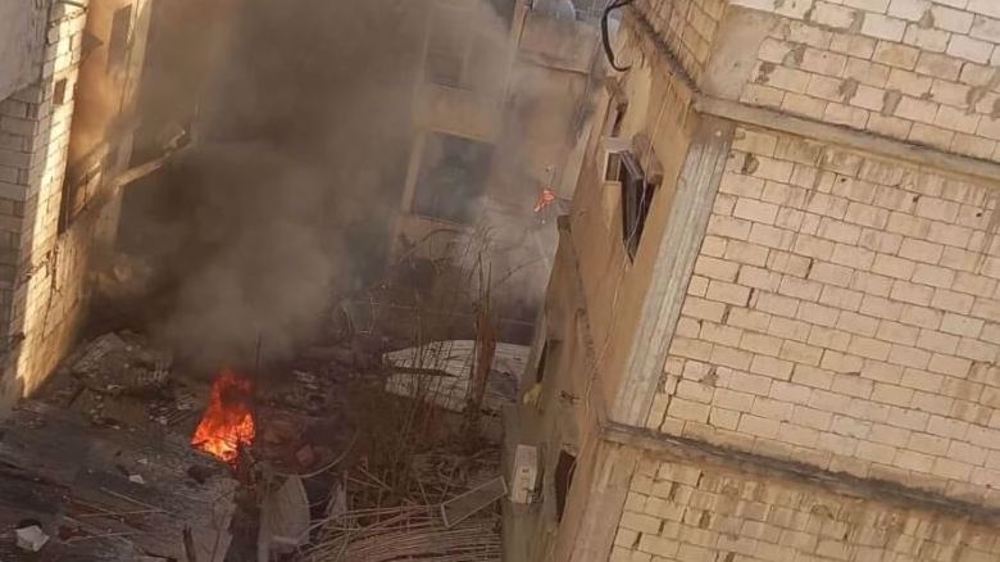
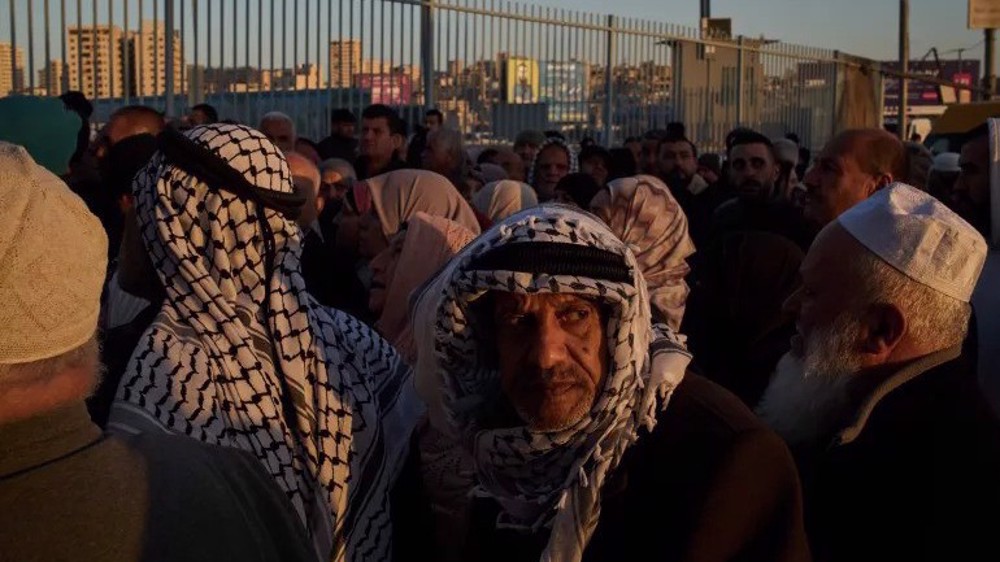
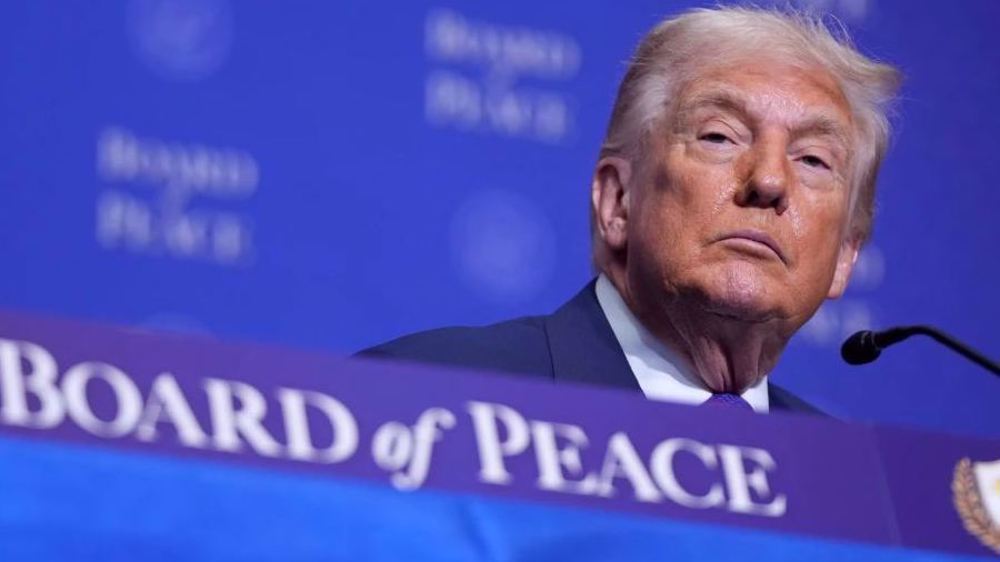




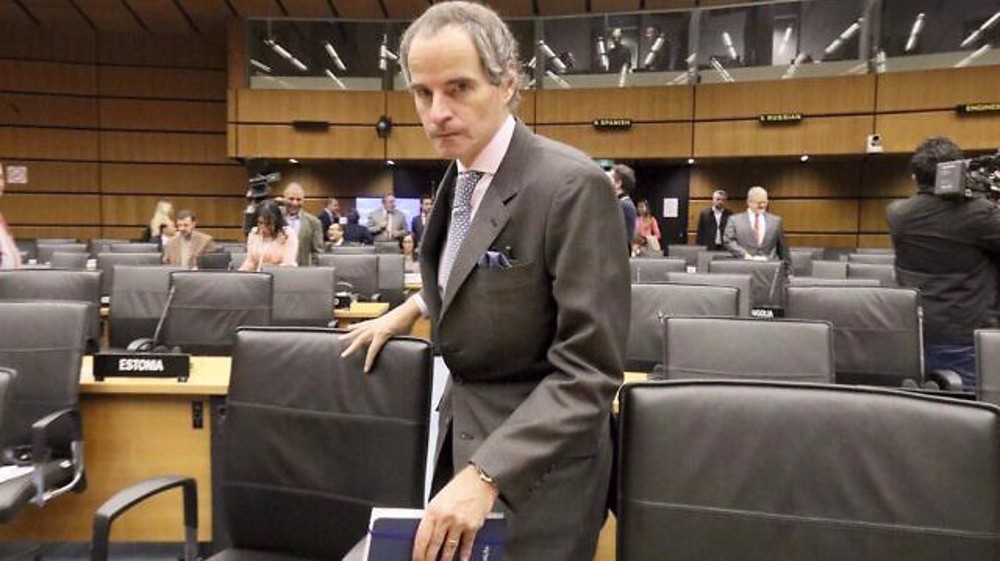

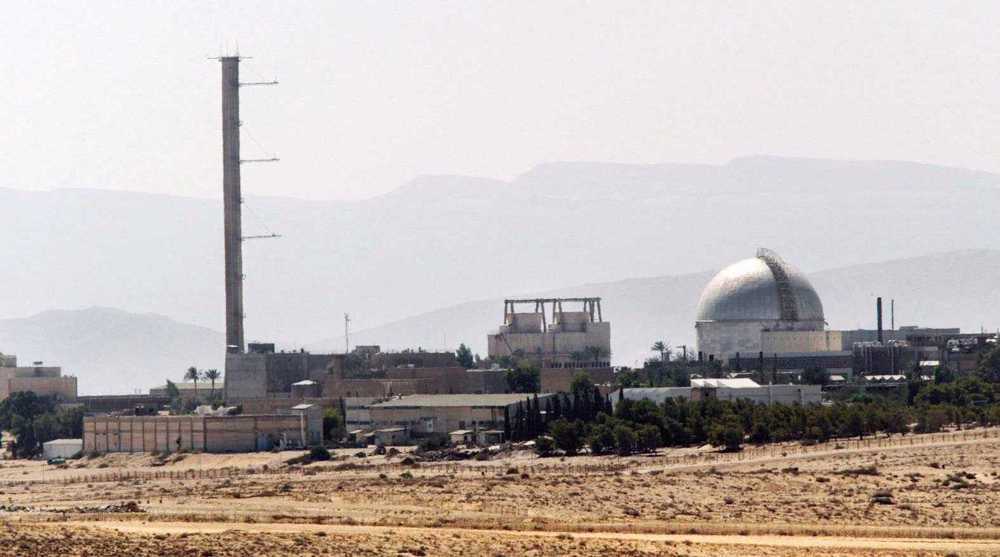
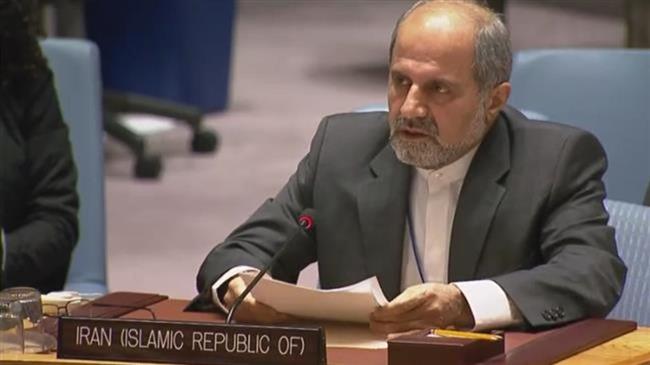
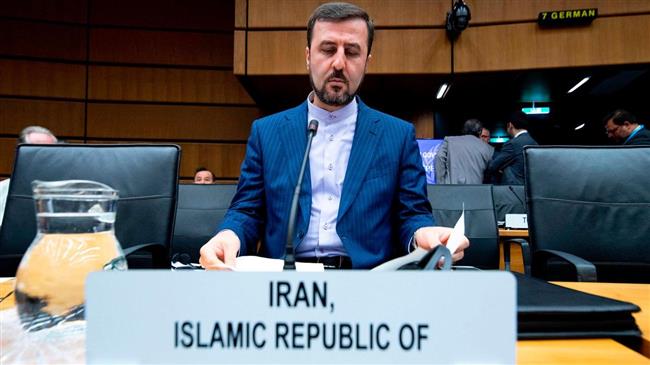
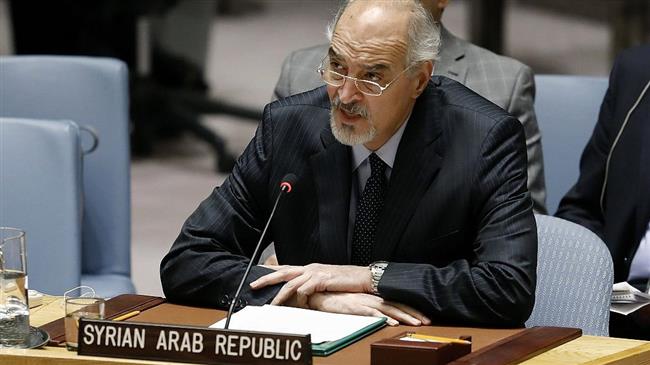
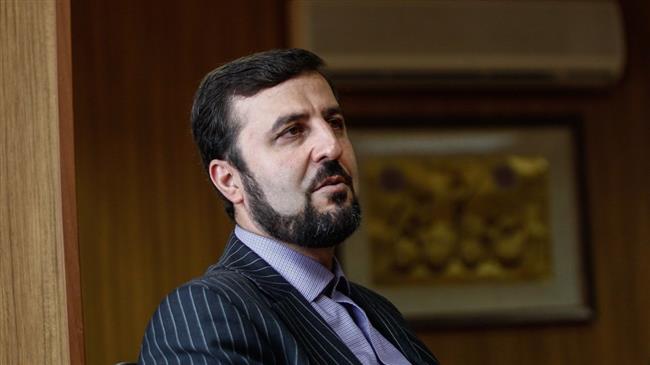

 This makes it easy to access the Press TV website
This makes it easy to access the Press TV website